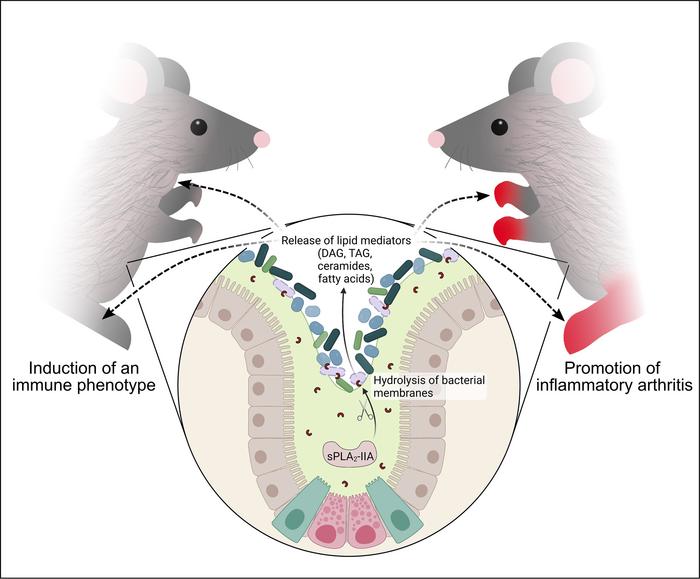/prod01/channel_3/media/tcd/news-images/hospital-RS.jpg)
Scientists working in the School of Biochemistry and Immunology in the Trinity Biomedical Sciences Institute at Trinity College Dublin have made an important breakthrough in understanding what goes wrong in our bodies during the progression of inflammatory diseases and – in doing so – unearthed a potential new therapeutic target.
The scientists have found that an enzyme called Fumarate Hydratase is repressed in macrophages, a frontline inflammatory cell type implicated in a range of diseases including Lupus, Arthritis, Sepsis and COVID-19.
Professor Luke O’Neill, Professor of Biochemistry at Trinity is the lead author of the research article that has just been published in leading international journal, Nature. He said:
“No-one has made a link from Fumarate Hydratase to infla...
Read More






Recent Comments